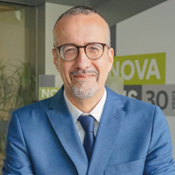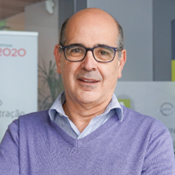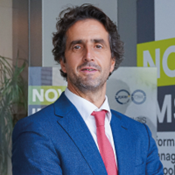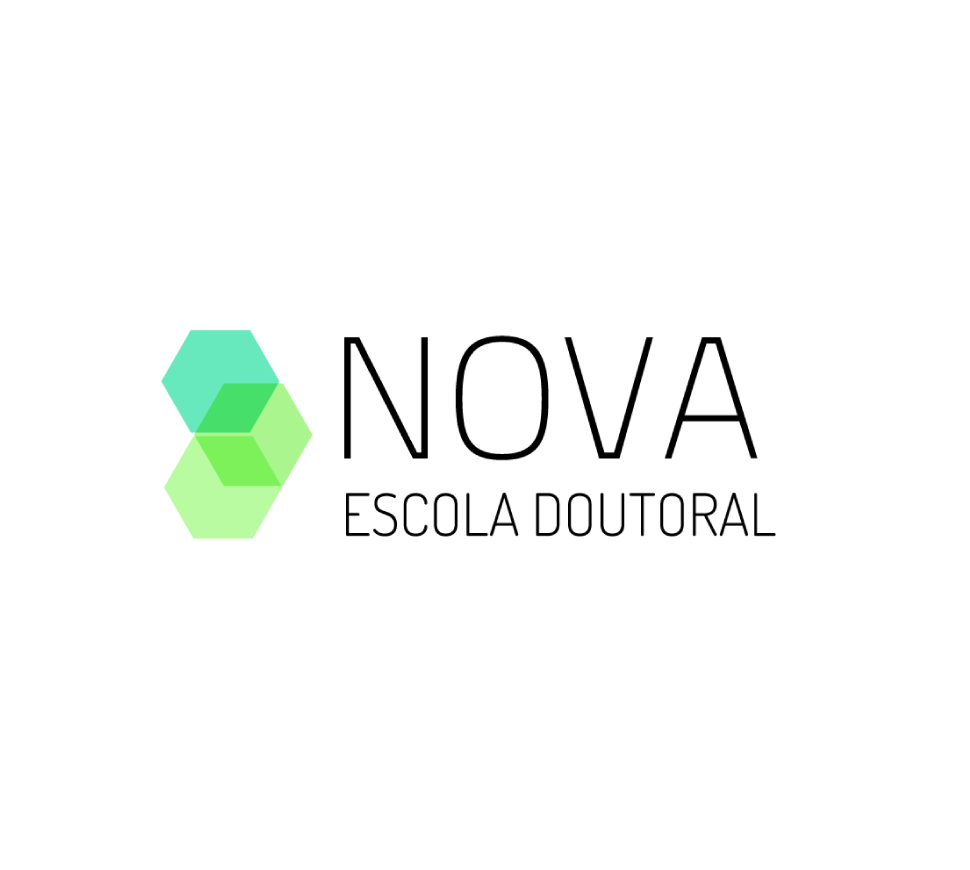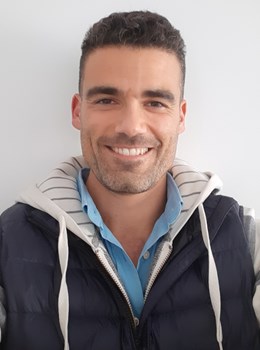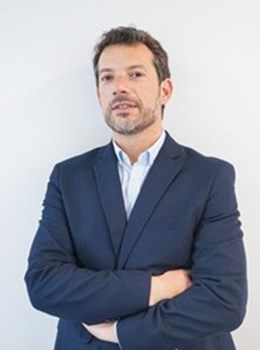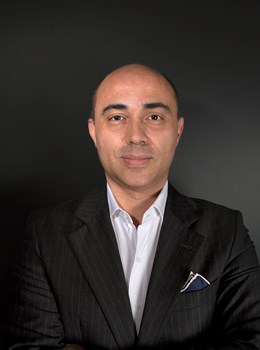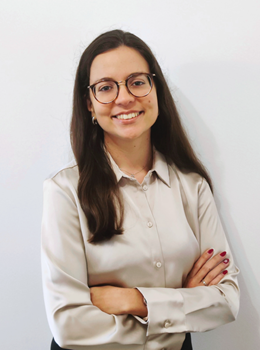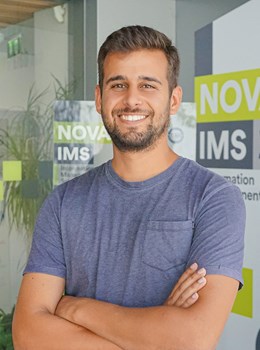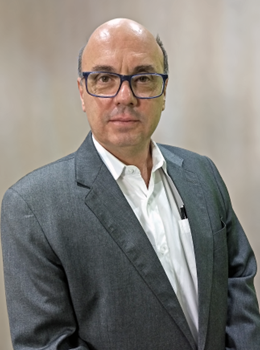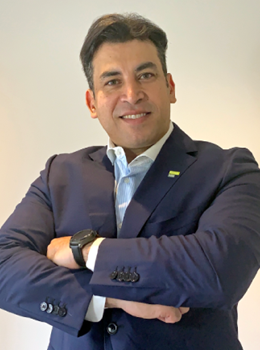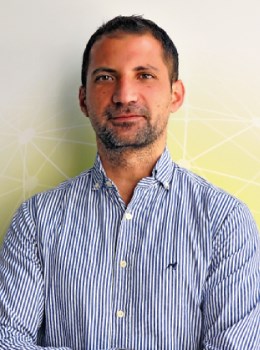The Doctoral Program in Information Management aims to promote knowledge and innovation in Information Management, particularly in the research of its impact on wealth creation, improving the performance of organizations and the development of new methodologies and decision-making tools.
It provides advanced training through research, contributing to the progress of knowledge and the training of researchers, university teachers and highly qualified professionals.
The study cycle in Information Management is designed to include five areas:
- Business Analytics;
- Data-Driven Marketing;
- Data Science;
- Geoinformatics;
- Information Systems.
This Doctoral Program is part of NOVA Doctoral School, which main goals are to develop Good Academic Practices and offer complementary training to its students, in free attendance events. For more information, please click here.
The applications for this program are open between February 6th and March 7th, 2025. To apply, click here.







